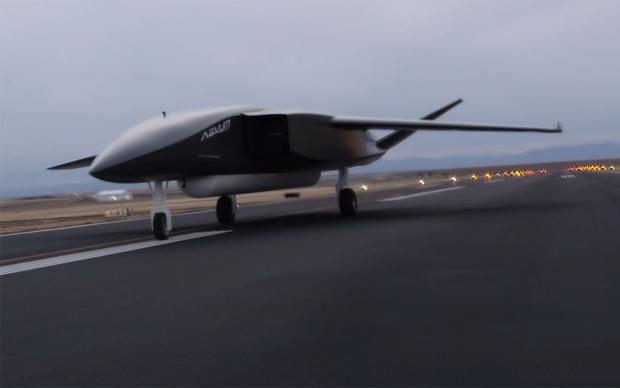
Breaking News
 Joe rogan reacts to the Godfather of Ai Geoffrey Hinton talk of his creation
Joe rogan reacts to the Godfather of Ai Geoffrey Hinton talk of his creation
 Shocking Scenes in Russia: Apartment Buildings Buried Under Massive Snowfall!
Shocking Scenes in Russia: Apartment Buildings Buried Under Massive Snowfall!
 Bill Hemmer: THIS is why Greenland matters
Bill Hemmer: THIS is why Greenland matters
 Trump Blasts Britain Over Deal To Return Diego Garcia
Trump Blasts Britain Over Deal To Return Diego Garcia
Top Tech News
 The day of the tactical laser weapon arrives
The day of the tactical laser weapon arrives
 'ELITE': The Palantir App ICE Uses to Find Neighborhoods to Raid
'ELITE': The Palantir App ICE Uses to Find Neighborhoods to Raid
 Solar Just Took a Huge Leap Forward!- CallSun 215 Anti Shade Panel
Solar Just Took a Huge Leap Forward!- CallSun 215 Anti Shade Panel
 XAI Grok 4.20 and OpenAI GPT 5.2 Are Solving Significant Previously Unsolved Math Proofs
XAI Grok 4.20 and OpenAI GPT 5.2 Are Solving Significant Previously Unsolved Math Proofs
 Watch: World's fastest drone hits 408 mph to reclaim speed record
Watch: World's fastest drone hits 408 mph to reclaim speed record
 Ukrainian robot soldier holds off Russian forces by itself in six-week battle
Ukrainian robot soldier holds off Russian forces by itself in six-week battle
 NASA announces strongest evidence yet for ancient life on Mars
NASA announces strongest evidence yet for ancient life on Mars
 Caltech has successfully demonstrated wireless energy transfer...
Caltech has successfully demonstrated wireless energy transfer...
 The TZLA Plasma Files: The Secret Health Sovereignty Tech That Uncle Trump And The CIA Tried To Bury
The TZLA Plasma Files: The Secret Health Sovereignty Tech That Uncle Trump And The CIA Tried To Bury
World's largest fully-autonomous DRONE unveiled by US space startup will launch satellites...

The world's first satellite launching drone, developed by a US-based space startup, will will be able to carry a new payload into orbit every 180 minutes, the firm claims.
Aevum says the massive 80ft long drone, named the Ravn X, is fully autonomous, 70 per cent reusable, and can take off and land on runways as short as a mile long.
Working in partnership with the US Space Force, the firm says it is 'completely reimagining access to space' by focusing on autonomy and better logistics.
The drone can take off from any runway to reach high altitude where it deploys a second stage that takes a small payload the rest of the way to space.
After it has launched the second stage rocket into low Earth orbit, the drone flies itself back to its home runway, lands and then parks up in its hanger.
The first launch of a satellite using the Ravn X is expected to be the US Space Force ASLON-45 small satellite launch mission in 2021.
The technology allows for satellites to be sent into orbit without a pilot, launchpad or massive rocket, which Aevum says removes the 'risk to human life'.
The drone is about as long as two school buses - about 80ft - and can carry satellites weighing up to 500kg fully autonomously with no costly infrastructure.
Developers say as well as military implications, the drone launch vehicle could help scientists quickly and cheaply put sensors into orbit for specific experiments.
'We are pushing logistics to the next generation with software and automation technologies,' said Jay Skylus, founder and CEO of Aevum.
Military and US officials have said there is a 'critical need' for extremely fast access to low Earth orbit, Skylus said, so they set out to create a system 'faster than anybody'.

 Nano Nuclear Enters The Asian Market
Nano Nuclear Enters The Asian Market


